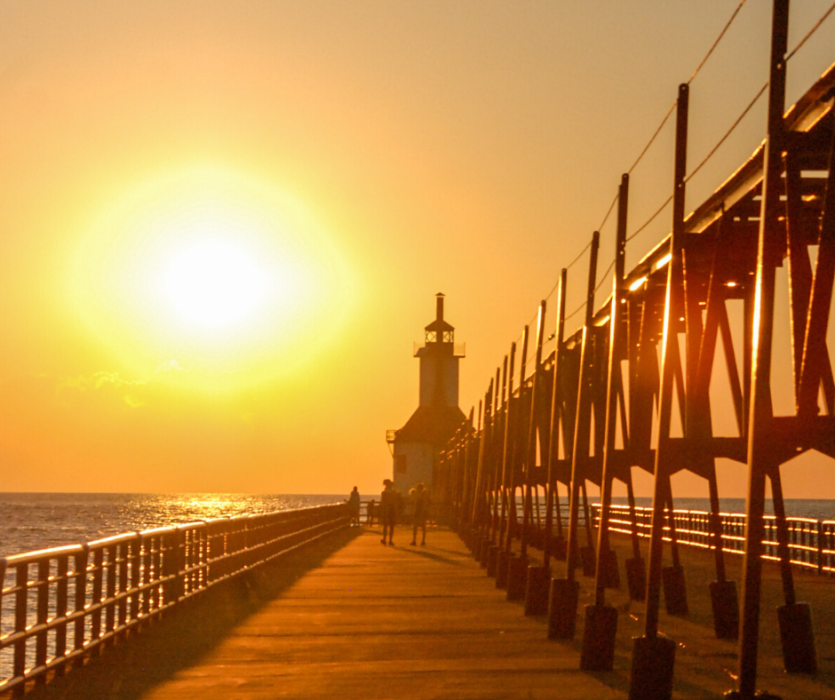
Courtesy of Michigan Information & Research Service Inc.
The latest return-on-investment study on the Pure Michigan ad campaign found a return of $8.79 for every dollar spent on the combined warm weather and fall campaigns of 2019, according to the Michigan Economic Development Corp. (MEDC) Thursday.
According to the MEDC in a press release, $16.1 million was spent on out-of-state Pure Michigan campaigns in regional markets and the national cable advertising campaign in 2019.
Out-of-state visitor spending of more than $2.3 billion motivated by the campaign supported $141.9 million in state tax revenue. The $2.3 billion spent by visitors was down slightly from the $2.4 billion spent the year before.
“These numbers show that advertising — and our related efforts in public relations including our own social and digital channels — continues to drive travel and the Pure Michigan campaign continues to drive economic growth, supporting statewide economic development efforts to showcase Michigan as a great place to live, work and play,” said David Lorenz, vice president of MEDC’s Travel Michigan, in a statement.
The report found approximately 5.8 million visits were made to Michigan from outside of the state as a result of exposure to the Pure Michigan warm weather and fall campaigns in 2019, according to the press release.
The study was conducted for the MEDC by Strategic Marketing and Research Insights, described as a travel and tourism focused research organization.
The previous vendor that had routinely conducted the return-on-investment study was replaced by Strategic Marketing by the Michigan Strategic Fund Board a few years ago.
Not long after the decision, an audit found Longwoods’ calculation of the Pure Michigan return on investment left out roughly $16.8 million in tourism promotion costs, and also didn’t figure in any local taxes generated.
Michael LaFaive, senior director of fiscal policy for the Mackinac Center, said Thursday there’s “no independent study to corroborate the claims that Pure Michigan generates economic growth for the state,” but did say there is “independent evidence that programs like Pure Michigan may have zero to negative impact.”
LaFaive referenced the Mackinac Center’s own study that found that “for every $1 million increase in tourism expenditures there is an increase in economic activity in our hotel and motel industry (accommodations) of just $20,000.”
As of now, funding for Pure Michigan is no more, after Gov. Gretchen Whitmer vetoed that line item for Fiscal Year (FY) 2020. Whitmer included roughly half of what it was previously funded at in her FY 2021 budget proposal.
LaFaive said, “The state should not reinstitute spending on this program. Evidence shows it has been ineffective, expensive and unfair.”